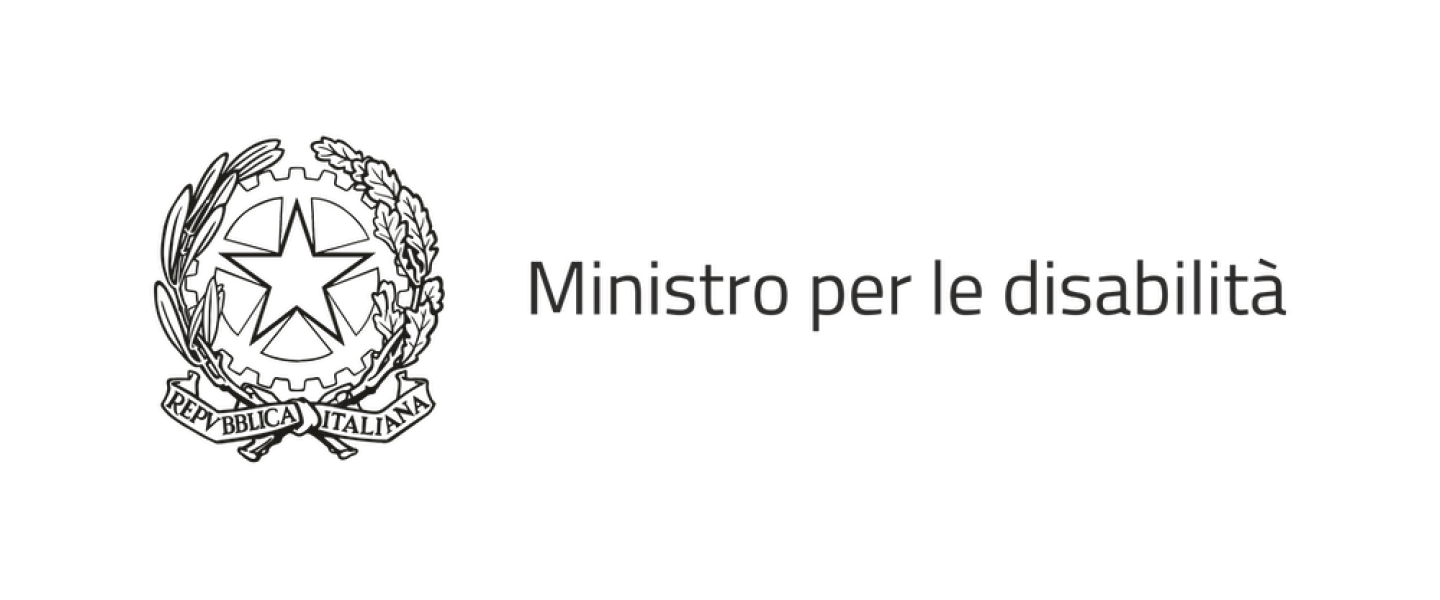For athletes on Kenya’s floorball team, competing at the 2025 Special Olympics World Winter Games in Turin, Italy is an honor they take very seriously.
“It means a lot to me. it is like a privilege [to be] an athlete who will be representing Kenya and my fellow athletes in this country.”
FRANCIS KIRAGU GITAU
Team Kenya floorball coach Linet Lekanayla adds that representing Kenya in the World Games is both an honor and a responsibility. “We get to showcase our talents in a world forum and we get to raise the pride of our nation in every game we play.”
For many months, the team has been training hard to show the world their very best.
The most intense training happens on Saturdays, when the athletes gather in Nairobi for drills, instruction on offensive and defensive strategies, and practice games. The trip to the field itself shows the athletes’ dedication, as some players have to travel as far as eight-hours’ distance to attend practice.
Coach William Wanjohi says the athletes are training to improve their skills—and also to win. “Each and every Saturday that we come here to train, I normally encourage them to practice what we call discipline, resilience and teamwork,” he said. “So through that, we have been able to develop simple skills that will help us to compete.”
The weeklong Special Olympics World Winter Games Turin 2025 start on March 8. The athletes are getting excited, but so are the coaches—including Coach Lekanayla, who’s coaching this national floorball team for the first time.
Sports Skills Help on the Field—and Off
All the players on Kenya’s floorball team have been competing in Special Olympics for many years. This includes athletes who have also participated in basketball, handball and football (soccer).
Coach Jacqueline Tabbya has known many of the players for a long time and has seen how participating in Special Olympics has made a huge difference. “I have seen tremendous growth in them,” she says. “Some of them were shy; they could not express themselves. They could not even fit in a team.”
These athletes also experienced much stigma due to their intellectual disabilities—and it was difficult for them. “They felt rejected. They lost hope,” she says. “But when they came to Special Olympics and we embraced them, they made friends and they have gone places. They are able now to express themselves well.”
The success on the playing field can be seen in other parts of their lives. She says: “They are able to work (and) have confidence now.”
Along with superior sports skills, these athletes are learning teamwork and even time-management techniques that help them in school and on the job. Says Coach Wanjohil: “What we are doing here in the team, it reflects when they’re outside (the team)…They are doing well in school, they are doing well in work.”
Looking ahead to the 2025 World Winter Games, floorball athlete Erick Odongo sees how far they’ve all come. He recalls experiencing “stigma in the community because I behaved differently and could not learn as the others did,” he says. “But after being introduced to Special Olympics, I found everybody in the team loved one another and felt at home making new friends.”He adds, “Everybody can show their potential if given a chance under good coaches.”












